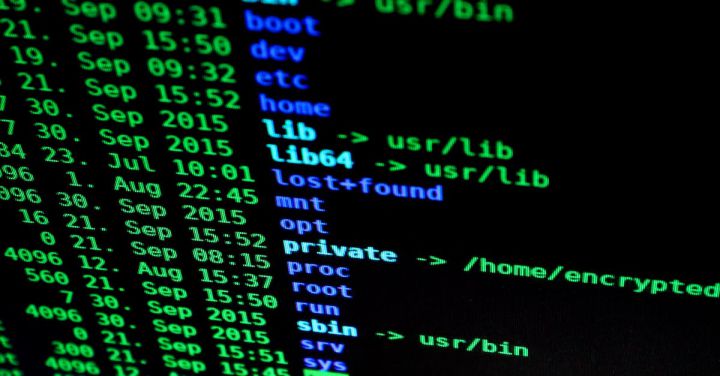How Does Blockchain Technology Enhance Digital Security?
In today’s digital age, security has become a paramount concern for individuals and organizations alike. With the increasing number of cyber threats and data breaches, finding effective solutions to safeguard sensitive information has become a top priority. One technology that has gained considerable attention in recent years for its potential in enhancing digital security is blockchain. Originally developed as the underlying technology for cryptocurrencies like Bitcoin, blockchain has since evolved into a powerful tool for securing digital transactions and data. In this article, we will explore how blockchain technology enhances digital security and why it has become a game-changer in the world of cybersecurity.
1. Decentralization: Redefining Trust in Digital Interactions
One of the key features of blockchain technology is its decentralized nature. Unlike traditional centralized systems where a single entity has control over data, blockchain operates on a network of computers known as nodes. These nodes work together to validate and record transactions, creating a decentralized ledger that is accessible to all participants. This decentralized approach eliminates the need for a trusted third party, such as a bank or government, to facilitate transactions. By removing this central point of failure, blockchain technology reduces the risk of fraud, manipulation, and hacking, making digital interactions more secure.
2. Immutable and Transparent: Ensuring Data Integrity
Blockchain’s immutability and transparency are crucial in enhancing digital security. Once a transaction or piece of data is recorded on the blockchain, it becomes virtually impossible to alter or delete it. Each transaction is linked to a previous one, forming a chain of blocks that are cryptographically secured. This ensures that any attempt to tamper with the data would require an immense amount of computational power, making it highly impractical and detectable.
Furthermore, the transparency of blockchain allows for real-time auditing and verification of transactions. All participants in a blockchain network can view and verify the transactions recorded on the ledger, creating a high level of trust and accountability. This transparency not only deters malicious activities but also enables faster detection and response to any potential security breaches.
3. Enhanced Identity Management: Protecting Personal Information
Identity theft and unauthorized access to personal information are major concerns in today’s digital world. Blockchain technology offers a solution by providing enhanced identity management capabilities. Through the use of cryptographic techniques, blockchain can securely store and manage digital identities, ensuring that only authorized parties can access personal information. Additionally, blockchain can enable users to have greater control over their own data, allowing them to selectively share information and revoke access when needed. This decentralized and self-sovereign approach to identity management reduces the risk of identity theft and minimizes the reliance on centralized databases that are vulnerable to hacking.
4. Smart Contracts: Automating Trustworthy Transactions
Smart contracts are self-executing contracts with the terms of the agreement directly written into code. These contracts are stored and executed on the blockchain, ensuring that transactions are carried out as intended without the need for intermediaries. Smart contracts enhance digital security by automating transactions and eliminating the potential for human error or fraud. Since smart contracts are executed based on predetermined conditions, they provide a high level of trust and transparency, reducing the risk of disputes and ensuring that all parties involved are held accountable.
In conclusion, blockchain technology has revolutionized digital security by offering a decentralized and transparent approach to securing transactions and data. Through its decentralized nature, blockchain redefines trust in digital interactions, reducing the risk of fraud and manipulation. The immutability and transparency of blockchain ensure the integrity of data, while enhanced identity management capabilities protect personal information. Lastly, the automation of transactions through smart contracts streamlines processes and eliminates the potential for human error or fraud. As the world becomes increasingly reliant on digital technologies, blockchain technology will continue to play a crucial role in enhancing digital security.






